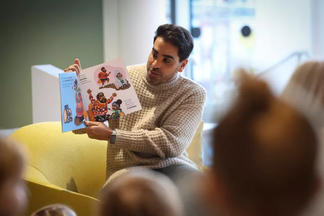Louis Dargavel Corbett
Louis Dargavel Corbett
Louis is a passionate, motivated, and forward-thinking, multimedia journalist. Who in the past twelve months has graduated from the University of Sheffield with a first class degree in Journalism. Louis mainly focuses on culture writing, current affairs, and music as his focal points of articles.
Since graduation last year, Louis has been trying different modes of Journalism such as local music journalism, and local reporting and is currently trying to break into Politics.
In recent times, Louis has been writing for local Nottingham magazine Left Lion as well as working as a post man and completing various stints of work experience in local and national media.
Since a young age, Louis has always been passionate about social issues and politics, this can be seen in his dissertation detailing the issues that families face when caring for a disabled child in poverty.
Being from a poverty stricken background himself, Louis has always found a comfort in telling the stories of those who struggle. Over the years this has been expressed in writing about Knife crime, violent crime statistics and poverty.
Email: Louisdargcorb@hotmail.co.uk
MUSIC// CULTURE//POLITICS
Portfolio
Local reporting
Crime
National poverty
investigations
Music
Politics
All designs and words shown are produced by Louis Dargavel Corbett.
Music:
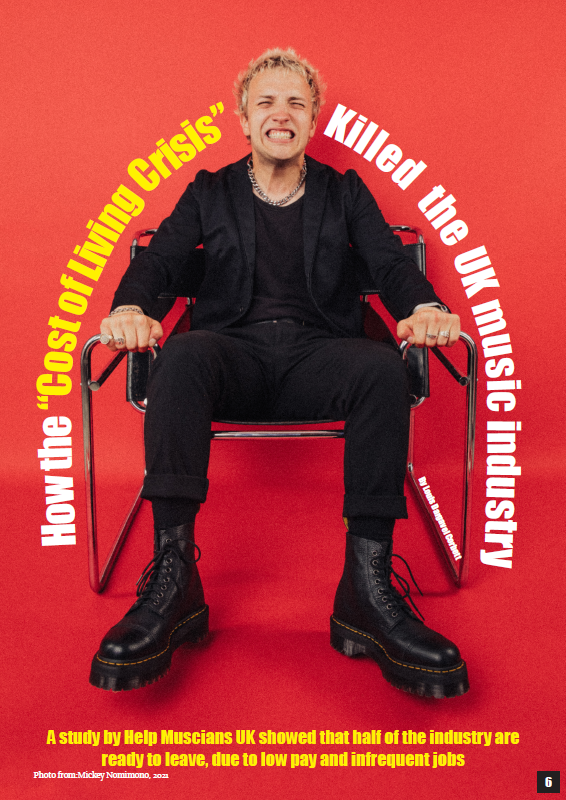
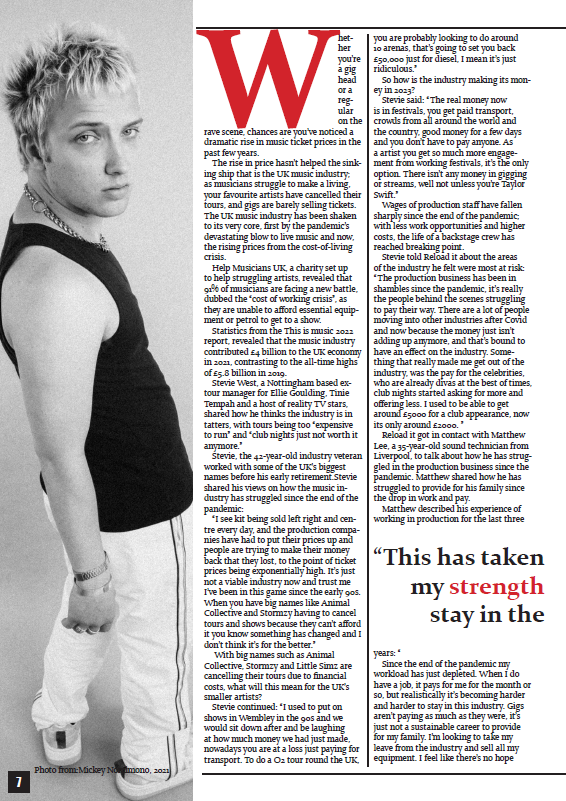
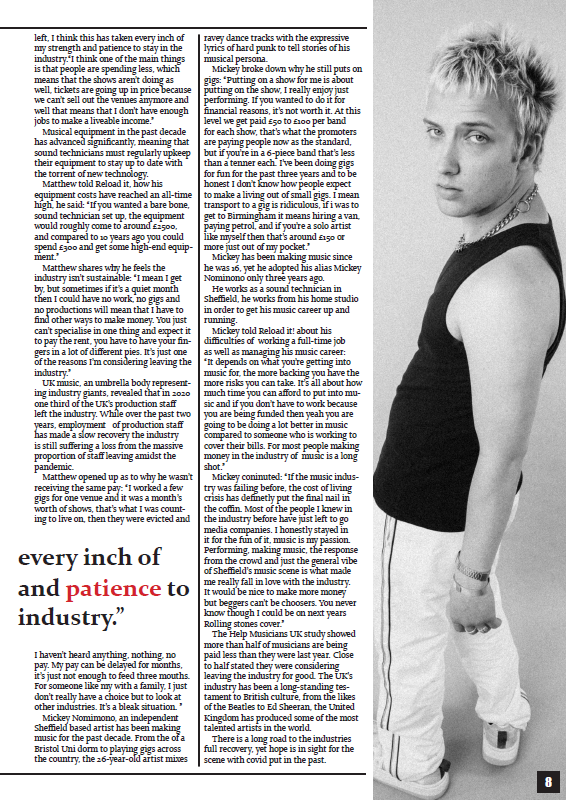


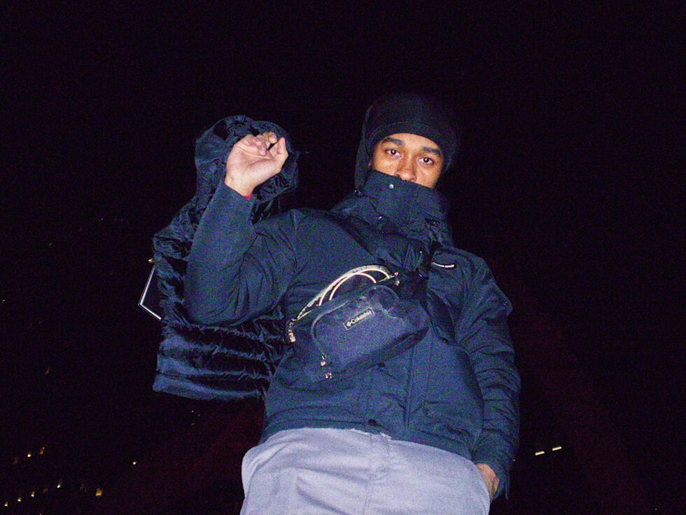
THE REVOLUTION WILL NOT BE TELEVISED; IT’LL BE ON SPOTIFY!
Music has always had the power to cause revolution. From classic protest songs to government propaganda blaring from sound systems.
Music has always had a part to play in galvanising the masses. Revolutionaries have used music to inspire and unite the people against a common enemy. No matter what the message it has always had an ideological impact on us.
So how are modern day artists using music’s power to change the world views of an everyday Spotify listener?
A Communist revolution: Ghais Guevara
One political activist/musician Ghais Guevara, a 22-year-old rapper , from Strawberry mansion in North Philadelphia. Expressed how he formed his communist views from a young age and why he infused them with his catchy hooks and choruses: “I’m a communist rapper/producer. My views stemmed from my surroundings, my mum and dad were revolutionaries in their own right. My dad was a part of the anti-capital punishment movement when I was growing up.
“I guess I started putting those messages into my music because it’s what was around me, it’s what I knew and I wanted to spread the message.”
The American rapper uses his catchy Kendrick-like flow to entice his audience into taking in the political messages. However, he doesn’t just use lyrics to spread his message.
Ghais explained how his most popular song “F*ck the Nordic model” uses it’s title to criticize the social issues surrounding the US military industrial complex. Ghais Expressed that instead of using lyrics to share his message, he wants people to do their own research. Listing the cons of the Nordic model would be preachy
DOES MUSIC TRANSLATE TO PEOPLE’S VIEWS
Ghais told Reload it! : “At the end of the day the army are the average person. Not those people using 10$ scholarly words studying at Harvard or Yale. I’ve been told quite a few times that my music made a change. I’ve met a tonne of people who are right leaning or A-political that told me my music and what I’m pushing has made them reconsider their ideologies. Then they’ve gone away to do their own research.”
While music doesn’t have an inherently legislative effect, it can galvanise the public into an alternate mode of thought. One historical example of when music changed culture and politics is the introduction of pop music into the Soviet Union.
While the songs didn’t innately cause the Soviet Union’s collapse, the guise of Soviet propaganda over everyday people was lifted. Exemplified by the Eastern European radio station ‘Free Europe/Radio Liberty’.
Ghais summarised how music could potentially cause ideological shifts: “It makes people think about things they previously wouldn’t have explored. When you explain the depths of the issue it has the power to spark a revolutionary thought into people. You look at people like Bob Marley, people heeded his message. I mean people have been killed over music, I think it’s a very powerful tool for masses.”
While we now have an idea of how the American communist scene spread their social messages. How are UK artists using their music to highlight their political qualms.

A FEMINIST REVOLUTION: ALICE LYNN
Reload it! spoke to Alice Lynn, a 20-year-old feminist punk activist artist who uses her music to highlight social issues experienced by women in everyday life.
Alice explained the start of her transition from love songs to feminist activist anthems: “People wanted me to be that little blonde girl that sings about my ex-boyfriends. But, then I realised I was allowed to sing about whatever I wanted to, and people liked it.
“My music stems from my experiences in the life. Being spoken down by the promoters or sound techs, because I was a 12-year-old girl doing solo gigs. But, I realised when I was older it wasn’t because I was young it was because I’m a woman. I Have a song called ‘The Misogyny song’. Which is about how we teach young women about sexism and what women are expected to take on the chin.”
Alice has been playing gigs since she was 12 years old in her hometown of Nottingham. Both of her parents are musicians in the festival scene, enticing her into the sense of belonging in the industry.
The punk artist explained how her experiences as a young woman in the music industry made her transition to songs focused around women’s issues.
WHO IS ALICE LYNN
Alice: “I had a gig review of myself that I’ve always remembered from last year. It read a punk-folk artist with a feminist twist and ever since that’s really resonated with me.”
Starting off Alice was resistant to release political music as she feared it might come back to bite her in the future.
However, that changed when the young punk artist performed at a local open mic night. After her set she was surprised to see a warm welcome to the messages in her songs.
Despite her switch from your everyday punk songs to feminist anthems, Alice was still hesitant to release her most loaded song; “The Misogyny Song”. The Misogyny song released in April of this year after Alice received some unexpected support from a young family friend.
“I had a friend who was about 14 and she told me that the message really resonated with her. That I’d opened her eyes to so many issues she wasn’t aware of before. I was scared about being that person that made a song about something that hasn’t been touched upon.”
This was one of the first times Alice had heard some recognition of her message in her music. Leading her onto the full commitment to feminist activist music.
HOW HER MUSIC HAS CAUSED CHANGE
So, while Alice’s career is new in the political activist music scene. She has already felt like she’s made an impact, stating “I’m on the right side of history and that’s what makes me happy”.
Alice told Reload it! her view of the relationship of politics and music: “I think that music, is one of the biggest things that influences politics. I think it’s a universal language. It’s a small minority of people who read articles and form an opinion, but the everyday person is on Spotify.”
While these artists haven’t incited a revolution or passed laws. They have influenced small changes throughout their career, using music as their instrument for change.
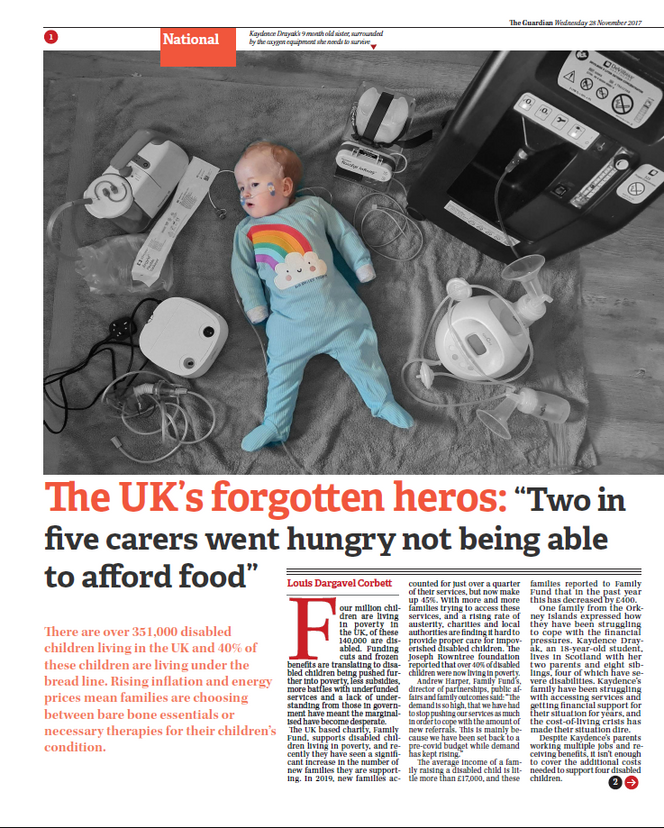
Dissertation:Part 1


Dissertation:Part 2
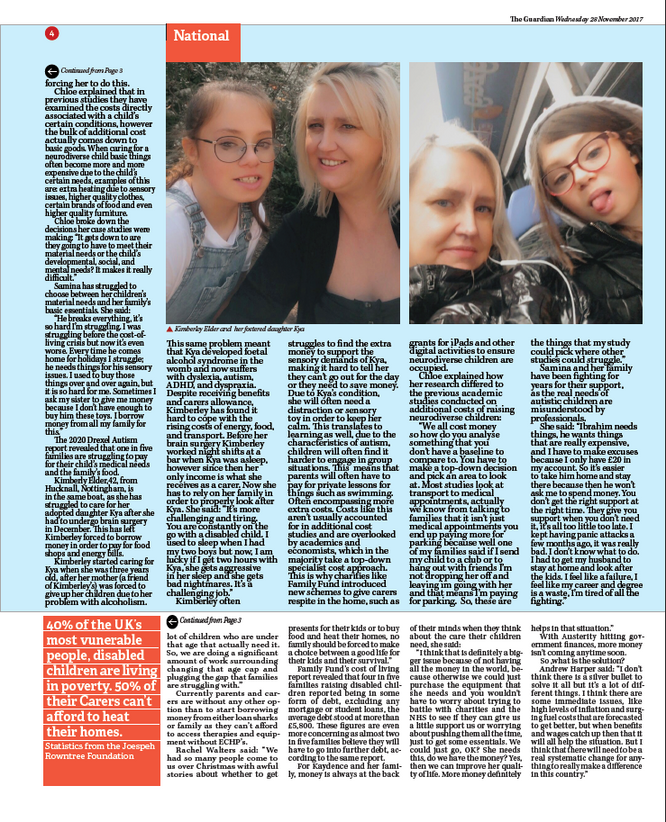
Dissertation:Part 3
My work for The Spotlight: South Yorkshire student led publication

Nottingham Articles:



